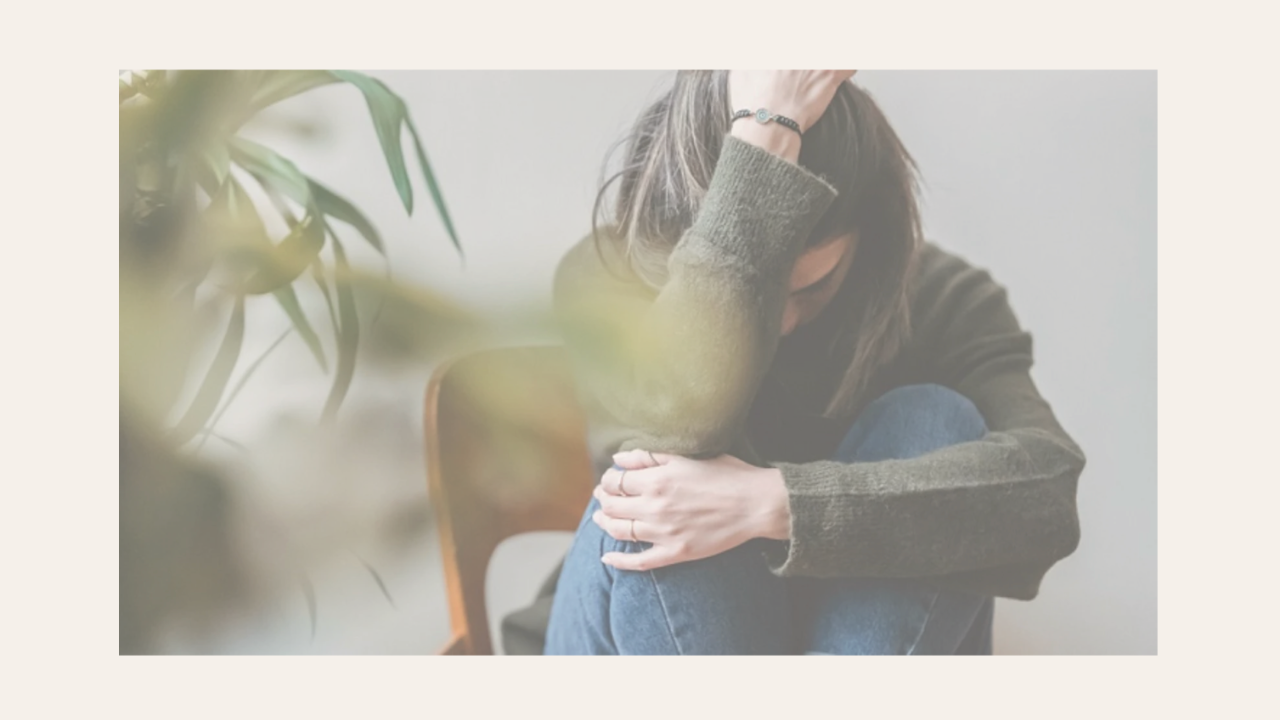If you think resentment is free think again!
Jul 01, 2025
This week I came across a Facebook post linking to a Telegraph article titled “I’m caring for my mum, silently furious at what my life has become.” I couldn’t access the article itself, but I could read the comments.
And they stopped me in my tracks.
Comment after comment, thread after thread, filled with women’s stories. Women caring for elderly parents. Women who had already raised children or were still deep in it. Women trying to balance careers and run households. Women carrying guilt, burnout, exhaustion, resentment. All layered beneath an eerie and familiar silence.
It read like a continuation of an earlier chapter in life. The nursery guilt. The impossible question of whether to stay home or go back to work. Only now it is not toddlers but aging parents. Not sleepless nights with newborns, but hospital appointments and repeat prescriptions. And somehow, once again, the weight falls in one direction.
On women.
This is not just about physical caregiving. It is about emotional triage. Being the one who senses when something is off. The one who soothes. Who remembers the appointments. Who absorbs the moods. Who smooths over the conflicts. Who keeps the wheels turning without letting anyone see how close it is to falling apart.
And we wonder why women are so much more likely to be diagnosed with autoimmune diseases. Why two-thirds of people with Alzheimer’s are women. Why chronic pain affects more women than men. The physical toll is not imagined.
There is something profoundly wrong when emotional labour is still handed to women as if it were a birthright rather than recognised for what it is: work. Invisible. Exhausting. Expected.
The original post was about resentment. And that word cut through me. Not because resentment is shameful, but because it is a warning signal. A clear indication that a boundary has been crossed. Often one we never even knew we had.
What frightened me most is how many of the women in the comments felt they had no choice. Trapped in roles they didn’t consciously choose. Desperate not to disappoint anyone. Afraid of being judged. Afraid of stepping back. Trained to believe that choosing themselves is a moral failing. That asking for help means weakness. That letting go means letting people down.
I have felt that too this year. Resentment. Guilt. Sadness. Dread. All tangled together. Until I faced the quiet truth: no one else built this prison. I did. Out of unspoken expectations, out of conditioning so deep I mistook it for duty.
But I am questioning it now. And I want my daughter to question it too. I do not want her to believe this is a baton she must pick up. That her worth is measured by how much of herself she gives away.
This is not about walking away from the people we love. It is about including ourselves in the circle of care. Recognising that without boundaries, without rest, without being witnessed in our limits, we might break.
How do we change a lifetime habit, or even become aware we’re stuck in one? It starts with identifying where our resentment comes from and noticing the inner voices that challenge us. This awareness gives us a clear view of where our emotional boundaries have been crossed.
The Emotions Lab
Contact Us!
Join our mailing list to receive the latest news and updates from our team.
Don't worry, your information will not be shared.
We hate SPAM. We will never sell your information, for any reason.

